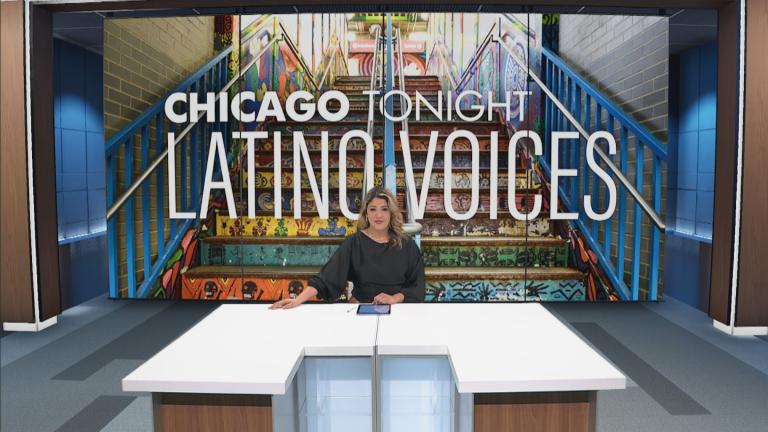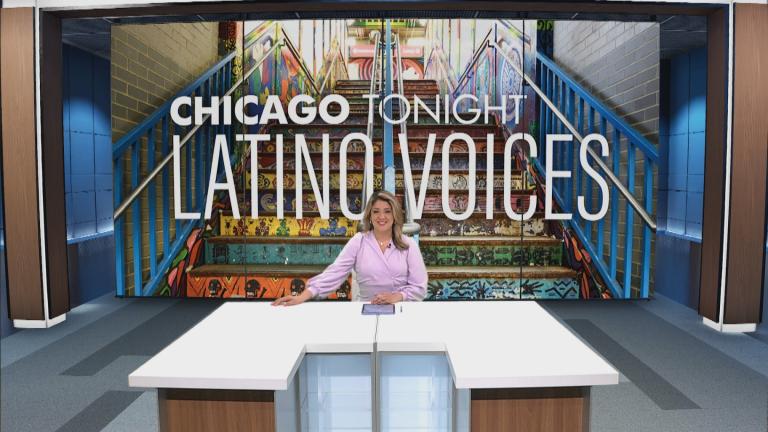An Illinois initiative is looking to increase their capacity to offer legal support to the Black and Latino populations disproportionately impacted by incarceration and deportation.
The Illinois Access to Justice coalition comprises 67 nonprofit legal aid organizations that offer Illinoisans free legal representation and free training on legal literacy.
According to Legal Services Corporation’s 2017 Justice Gap report, 86% of the civil legal problems reported by low-income Americans received inadequate or no legal help and 71% of low-income households experienced at least one civil legal problem in that year. Those problems can be a wide range of issues, said Ere Rendón of member organization The Resurrection Project.
“We focus on all sorts of legal cases, everything from … folks facing eviction, to family matters, domestic violence, all the way to deportation, defense, asylum, helping the new refugees that are arriving from Afghanistan,” said Rendon.
Rendón and Tanya Woods of member organization Westside Justice Project are spearheading a call to Illinois Gov. J.B. Pritzker to double the state’s allocation to Illinois Access to Justice, from $10 million to $20 million. Woods said that the need for the assistance their organizations offer continues to be enormous.
“I come from the west side of Chicago in the Garfield Park community and the folks that I grew up with are the same people in the same communities. They live in historically marginalized communities, underrepresented, overpoliced, overcriminalized,” said Woods. “So we offer services to anybody who wants them, is in need of them, and has found themselves left behind because of either systemic barriers, low income, under education or underemployment.”
Woods and Rendón say with more money from the state, they can offer more and better resources to Illinoisans who may need the help navigating a complex legal system, as well as stabilizing the financial health of member organizations.
“It means we would be able to protect more Black and brown [people] and immigrants who are residents of Illinois, ensuring that they have trustworthy legal services in their communities,” Rendón said.
Among the coalition’s initiatives is educating people in the community on their civil rights.
“We recruit, train and organize what we call community navigators, primarily directly impacted folks, folks that are immigrants themselves, folks that may have been incarcerated previously or who have dealt with the legal system in the past,” Rendón said. “We provide them the tools and the skills necessary to be able to go out into the community and give this information. So they’re going to talk about what people’s rights are, perhaps prevent a deportation or an arrest … and then if necessary, connect them to the attorney through one of our legal service providers as well.”








